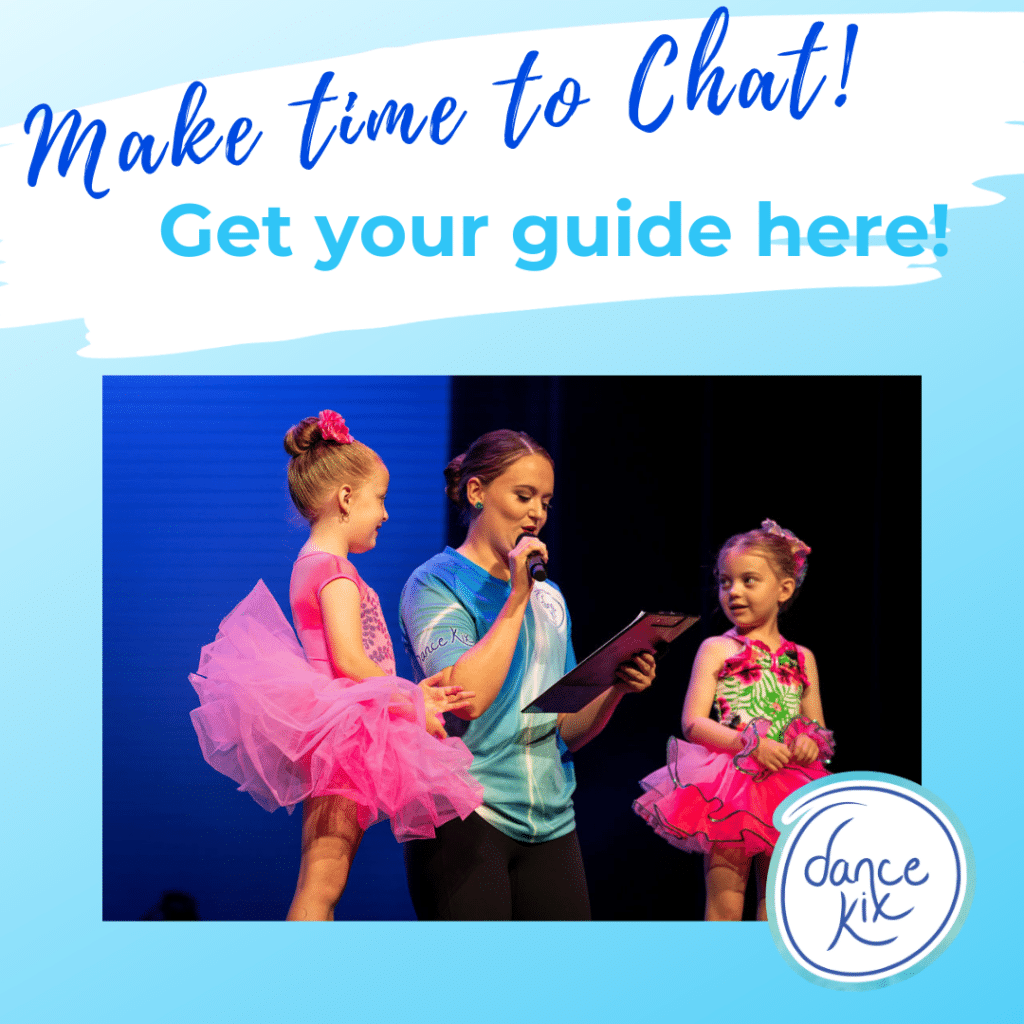Checking in with your Preschooler
The start of the year is a busy time! In addition to preschoolers having their own set of challenges early in the year, they can sometimes get caught up in our ‘rushing’ too. Now might be a good time to ‘check in’ with them. Here are some ways to explore conversations with your little person while making life long connections.
Why is connecting so important?
Life in society today is hectic to say the least. Parents often work full time and then rush around in the afternoon getting their kids to after school activities. Sometimes we forget to have a quality conversation with our tiny humans.
Kids NEED connection, they are biologically wired to need it and when they don’t get it, chaos starts erupting. When the need for connection is met kids are better able to have patience, to self regulate and to learn.
How spending 10 mins a day with your child can have an impact
We can find ten minutes in our day. We can focus for ten minutes. We can listen to conversations about Minecraft or Frozen for that short period of time. For ten minutes we can be patient and truly present, and our kids thrive on our presence.
Ten minutes is enough to get you started, to give you moments of joy with your children that lead you to want to create those moments more often. When you regularly connect one on one you will begin to know what really makes THEM feel loved as an individual – and you can do this in just 10 minutes at a time.
Try these activities to foster conversations and connectedness:
- Nature and outdoor activities
- Arts, crafts and making things
- Sensory play and exploration
- Family Board Games
- Reading together
- Baking together
- Dancing and singing together
Opening lines of communication
Show your child you value their thoughts and feelings, and help them to express them.
- Set aside time for talking and listening to each other. Ask open ended questions. Family meals or driving in the car can be a great time to do this.
- Talk about everyday things as you go through your day. If you and your child are used to having lots of communication, it can make it easier to talk when big or tricky issues come up.
- Be open to talking about all kinds of feelings, including anger, joy, frustration, fear and anxiety. This helps your child develop a ‘feelings vocabulary’. Talking about feeling angry is different from getting angry, though. Learning the difference is an important step for a child learning to communicate.
- Tune in to what your child’s body language is telling you, and try to respond to non-verbal messages too – for example, ‘You’re very quiet this afternoon. Did something happen at kindy/school?’.
- Emphasise the importance of honesty by encouraging and supporting your child to tell the truth – and praising them when they do. And by being honest yourself!
Pick your Time & Place – then Listen
You know how after a long tiring day you just want some time to unwind? Guess what? Some days asking questions as soon as you pick up your children might be too soon. Talk to your child later, after they’ve had time to unwind. Kick a ball in the backyard. Lie with them for a few minutes when you tuck them into bed. Allow them uninterrupted talking time and ensure they feel you are listening. Because talking and laughing together – priceless!
To find out more about our Dance Kix Values and Preschool Program, head to www.dancekix.com

